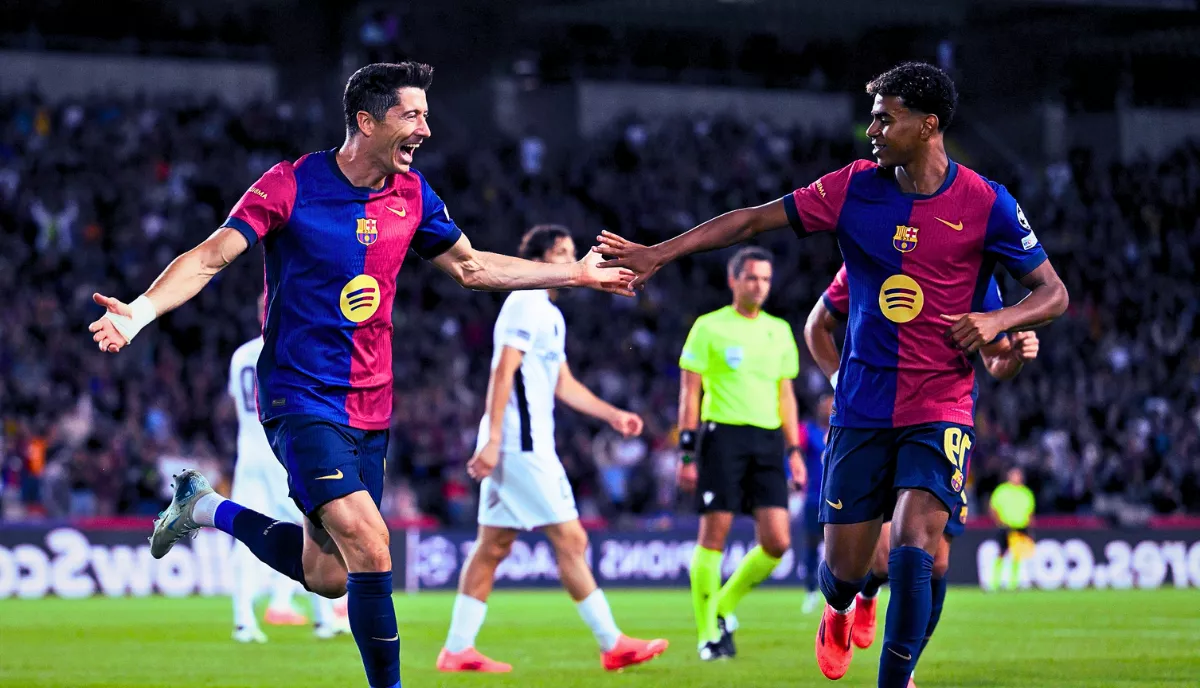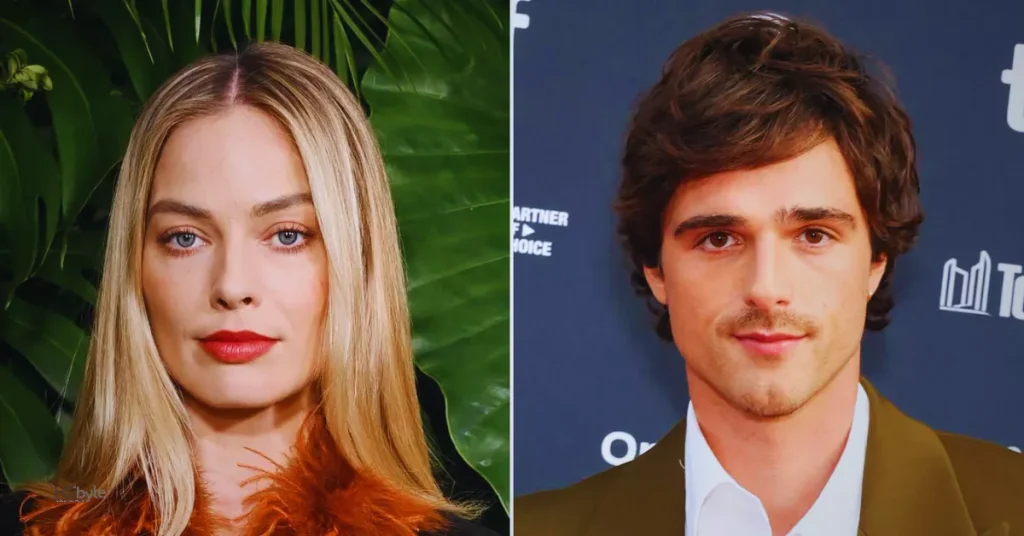
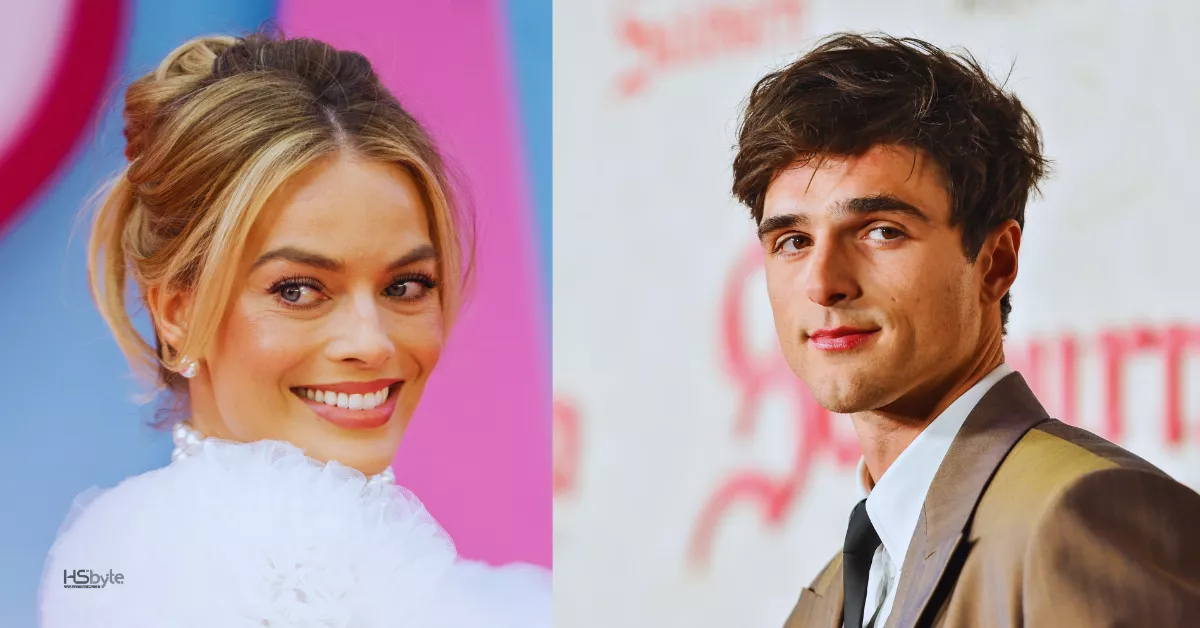
- Share
Wuthering Heights Casting Controversy: Fans React to Star Choices
The upcoming film adaptation of Wuthering Heights has stirred considerable controversy, particularly regarding its casting choices. Margot Robbie and Jacob Elordi, two of Hollywood’s brightest stars, will portray the iconic roles of Catherine Earnshaw and Heathcliff in this new take on Emily Brontë’s classic novel. Directed by Emerald Fennell, known for her Oscar-winning film Promising Young Woman, this adaptation aims to capture the tempestuous essence of the Yorkshire moors.
However, the casting has left many fans and critics scratching their heads. The Independent film critic Clarisse Loughrey posed a poignant question: “Did anyone actually read the book before deciding this?” This skepticism stems from the fact that, in the novel, Catherine is depicted as a teenager while Heathcliff is described as having dark skin.
The criticism doesn’t stop there. Gavia Baker-Whitelaw, a prominent TV and film critic, commented on the stark contrast between the characters’ literary descriptions and the casting choices, stating, “White Heathcliff and 34-year-old Cathy… they both look like they belong on Instagram. I’m obsessed.” Meanwhile, Maggie Boccella from Collider expressed frustration, asserting that Fennell appears more interested in crafting a dramatic romance that draws audiences than staying true to Wuthering Heights’s profound themes.
Fennell’s previous work has generated mixed reactions, with many viewers questioning her commitment to the source material. With Wuthering Heights, there is anticipation around how she will reinterpret Brontë’s turbulent love story of Heathcliff and Catherine. Critics are worried that this adaptation will prioritize star power over the nuanced complexities of the characters and their relationships.
While some anticipate a fresh take on the tale, others share doubts. Writer Lisa Holdsworth humorously noted, “Looking forward to their Yorkshire accents,” highlighting the contrast between the actors’ backgrounds and the characters they are set to portray. Scott Clark, a film critic, offered a lighter perspective, expressing hope for an engaging, albeit melodramatic, cinematic experience.
The Wuthering Heights story has been adapted numerous times for film and television, each interpretation offering a unique perspective on the haunting narrative. The last film, directed by Andrea Arnold in 2011, featured Kaya Scodelario and James Howson in the lead roles. Heathcliff’s character has also been portrayed by notable actors, including Tom Hardy in the 2009 ITV adaptation.
As filming is set to begin in the UK next year, fans of Wuthering Heights eagerly await the outcome. Will Fennell’s vision resonate with audiences, or will the casting choices prove to be a stumbling block? Only time will tell how this adaptation will navigate the delicate balance between honoring a beloved classic and appealing to contemporary viewers.
The casting choices for Emerald Fennell’s upcoming adaptation of Wuthering Heights have ignited a lively debate among film critics and literary enthusiasts alike. As Margot Robbie and Jacob Elordi step into the iconic roles of Catherine Earnshaw and Heathcliff, the film’s potential to capture the novel’s essence hangs in the balance. The stark contrast between the characters as described by Emily Brontë and the chosen actors has prompted many to question the fidelity of this adaptation to the source material.
Critics like Clarisse Loughrey have raised concerns about whether the casting reflects an understanding of the novel’s themes and character dynamics. With Catherine portrayed as a teenager in the book and Heathcliff described with a darker complexion, the decision to cast white actors has led to accusations of misrepresentation. This not only highlights the challenges of adapting classic literature but also raises broader questions about diversity and authenticity in film.
Emerald Fennell, known for her bold storytelling and stylistic choices, faces the challenge of balancing artistic vision with the expectations of loyal fans of Wuthering Heights. While some critics express skepticism, others remain cautiously optimistic about the film’s potential to deliver a fresh and engaging take on this timeless love story.
As anticipation builds for the film’s release, audiences are left wondering how Fennell will navigate the intricate web of passion, obsession, and tragedy that defines Wuthering Heights. Will this adaptation honor the spirit of Brontë’s work, or will it merely serve as a vehicle for star power? Only time will tell if this film can transcend the controversies surrounding its casting and resonate with viewers as a worthy addition to the legacy of one of literature’s most haunting tales.
You May Also Like

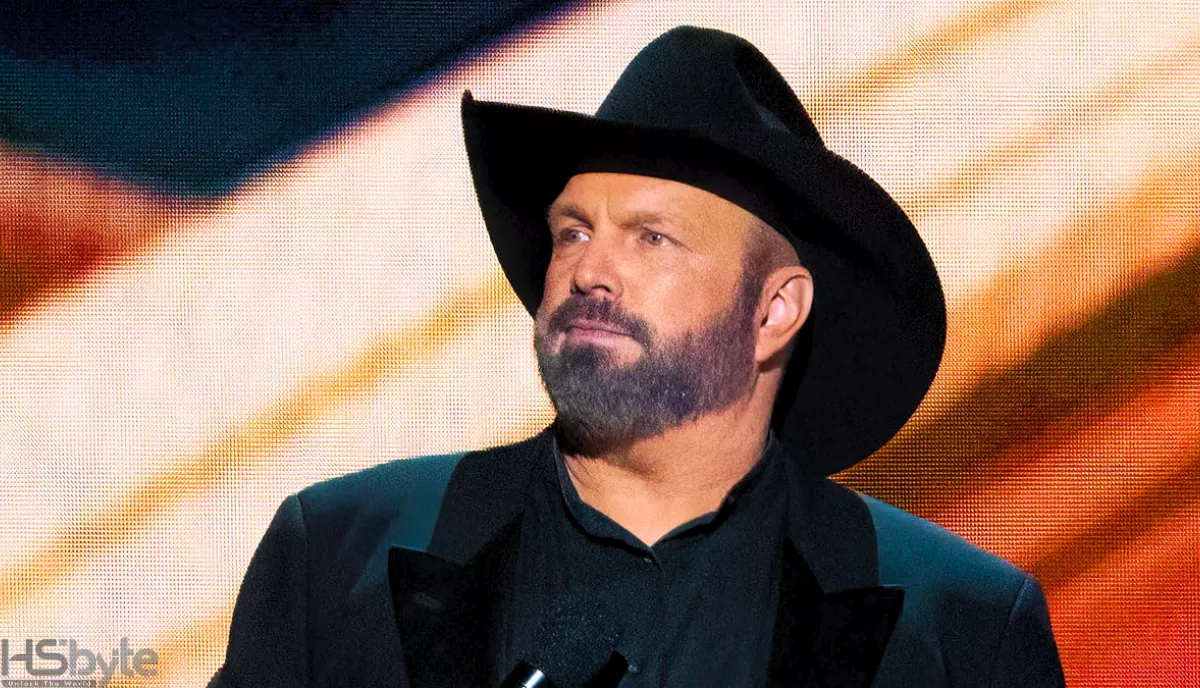
Garth Brooks Lawsuit: Sexual Assault Allegations Spark Legal Battle
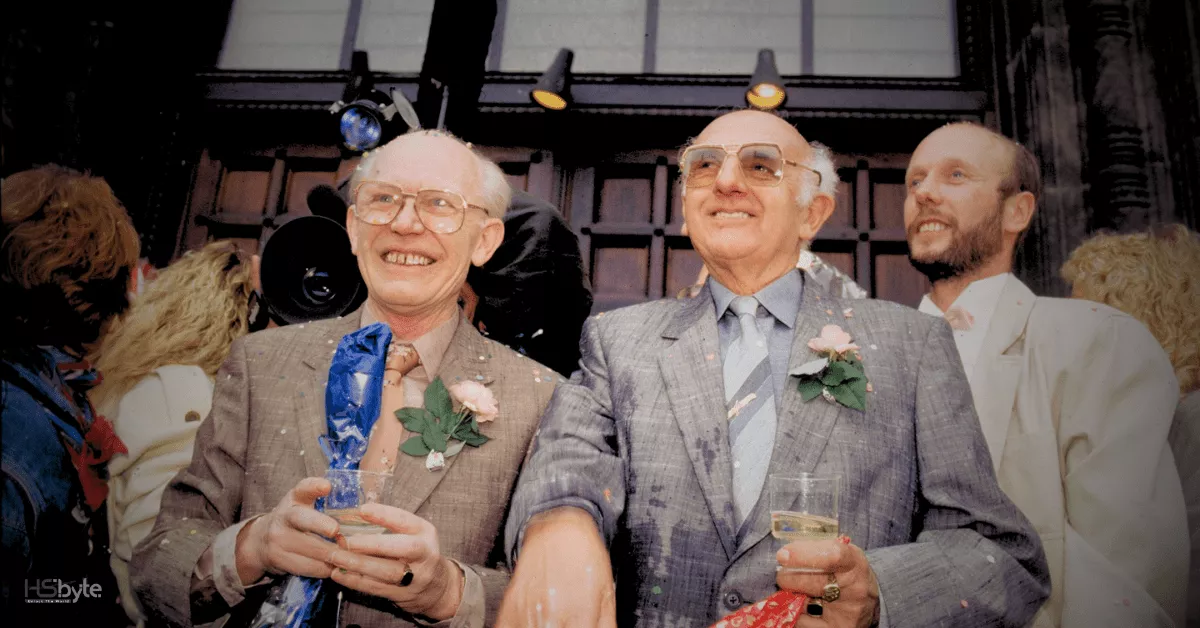
Pioneering Equality: Denmark’s First Same-Sex Civil Unions
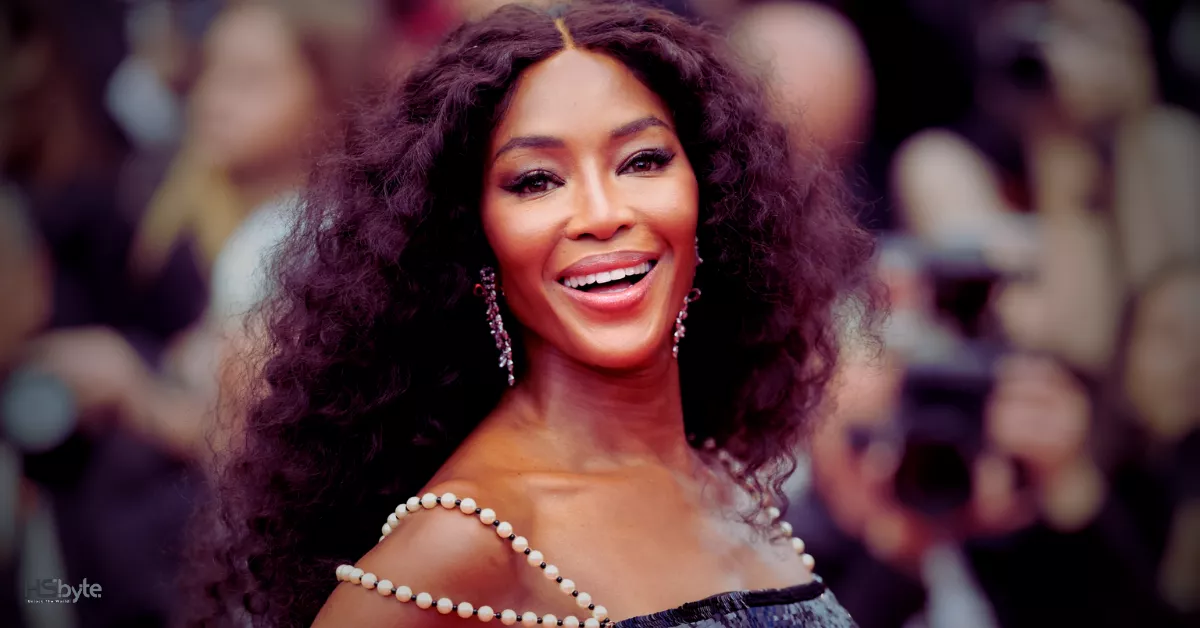
Naomi Campbell Charity Ban Sparks Investigation Into Fund Misuse
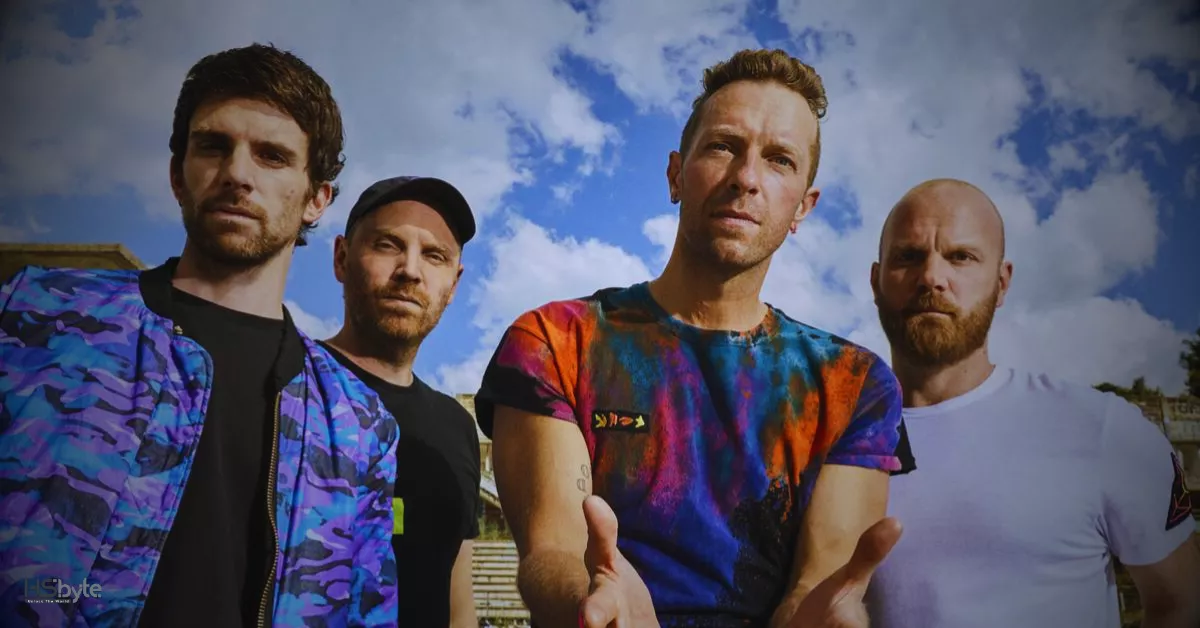
Coldplay Breaks Taylor Swift’s Wembley Record with 2025 Tour
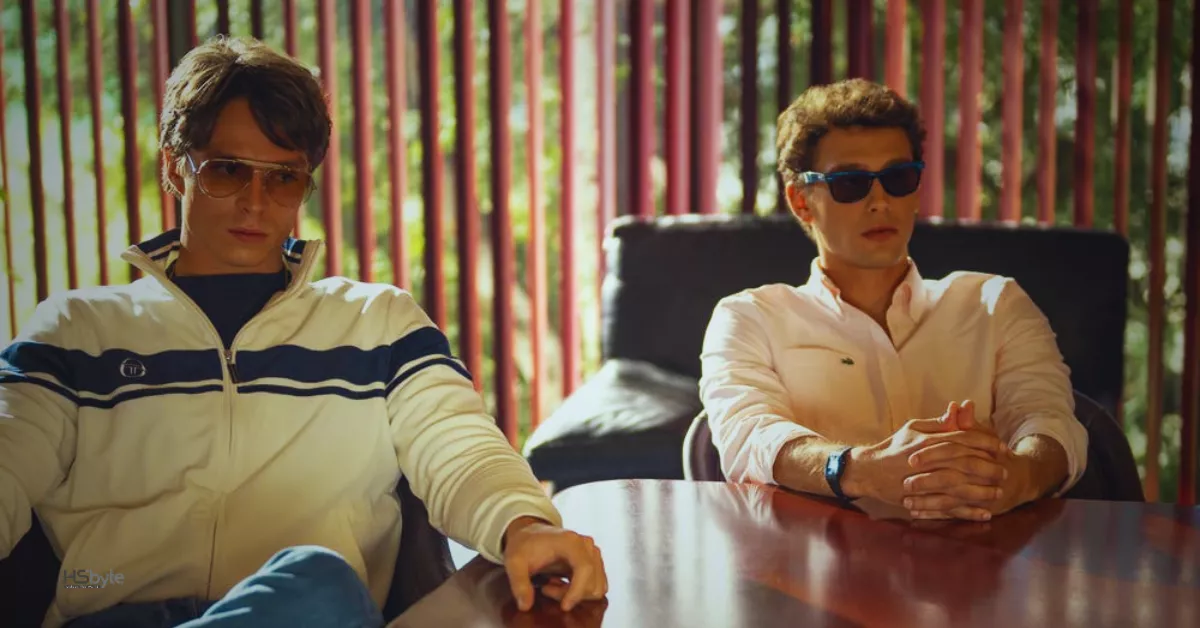
Netflix Menendez Brothers Drama: A Controversial Story
Latest Update
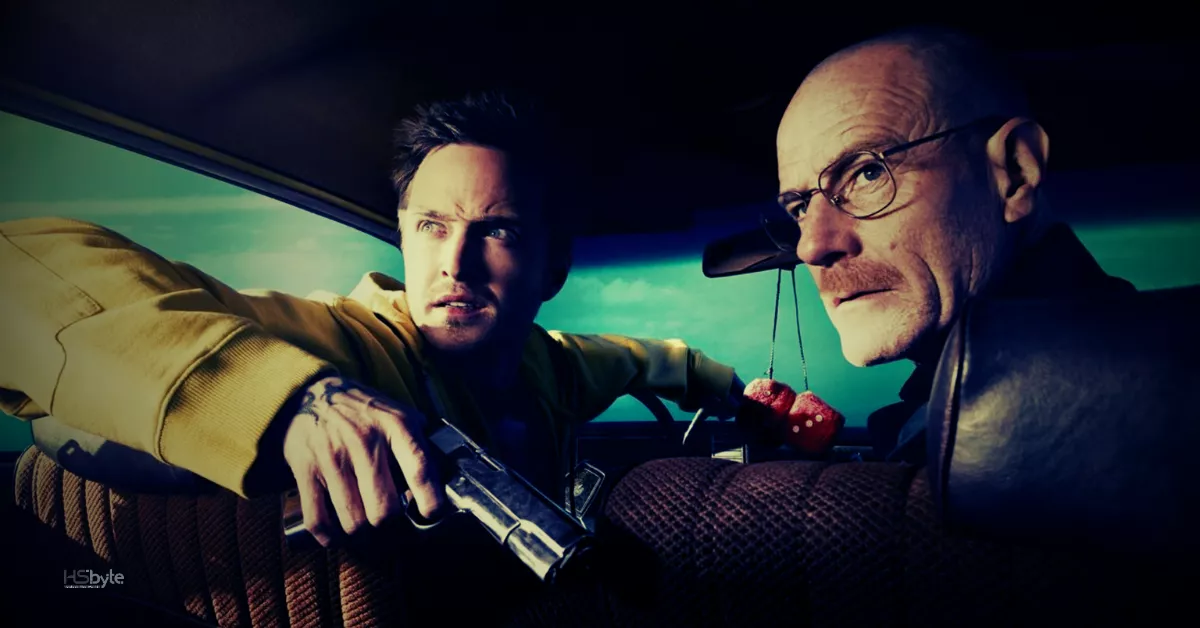
10 Best TV Shows Rivals to The Diplomat This October

Adil Rashid Retirement Plans: England’s Leg-Spinner Eyes More Wins
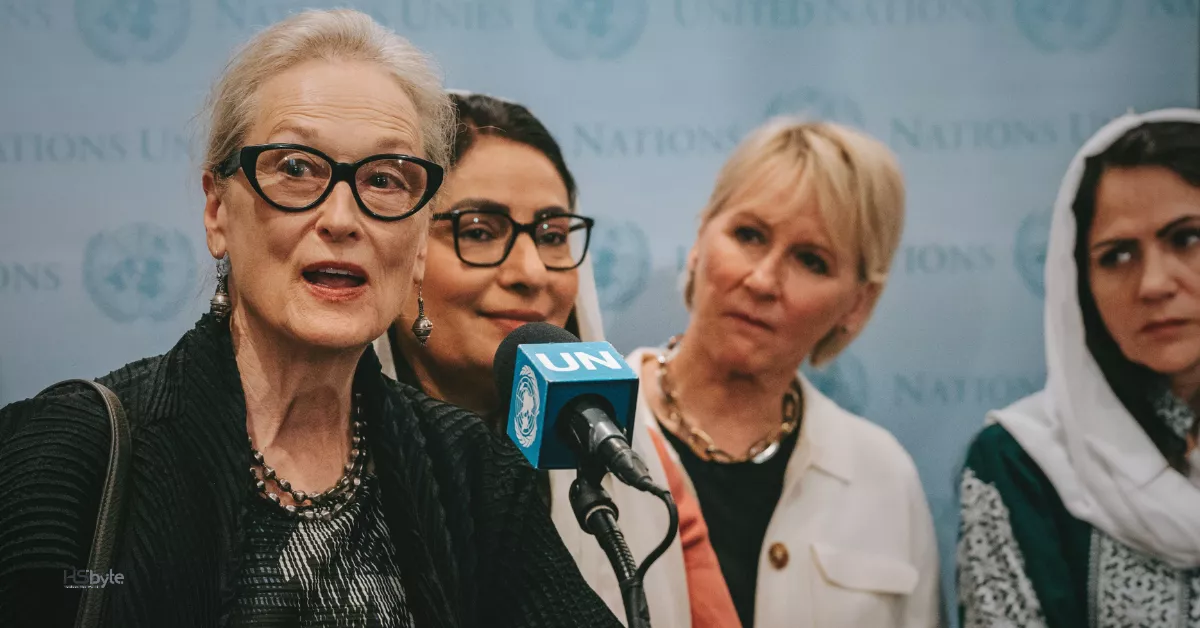
Afghan Women Rights Under Attack: Meryl Streep Condemns Taliban
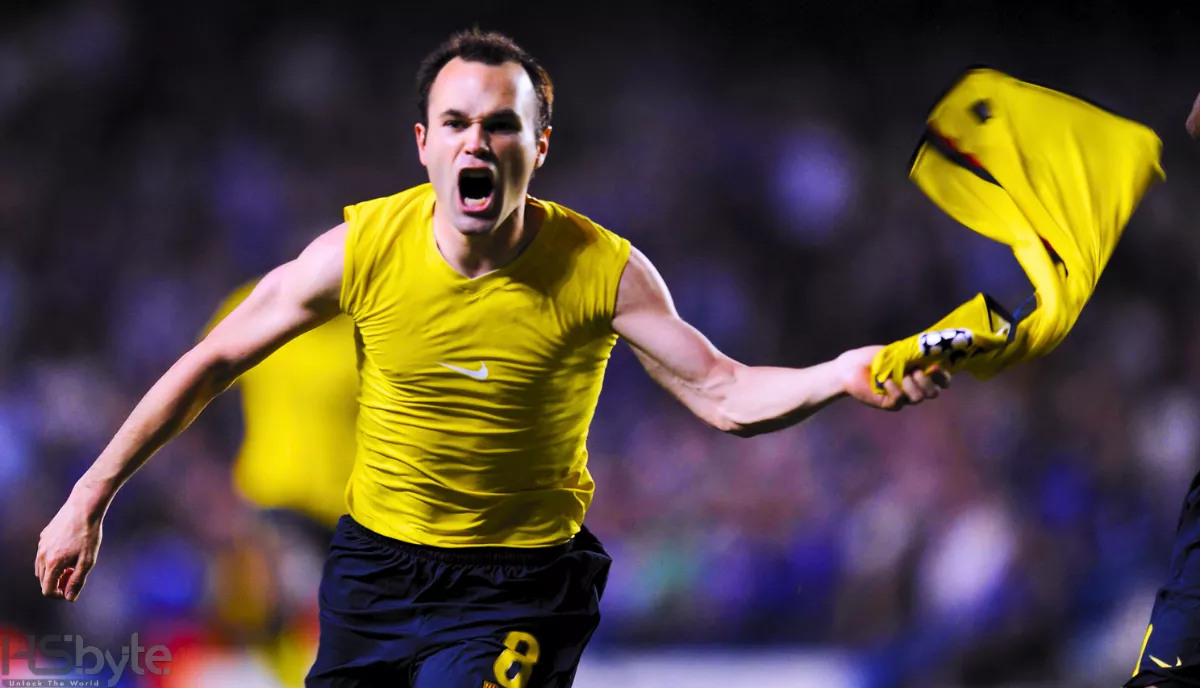
Andres Iniesta Retires: Football Legend Ends Iconic Career at 40


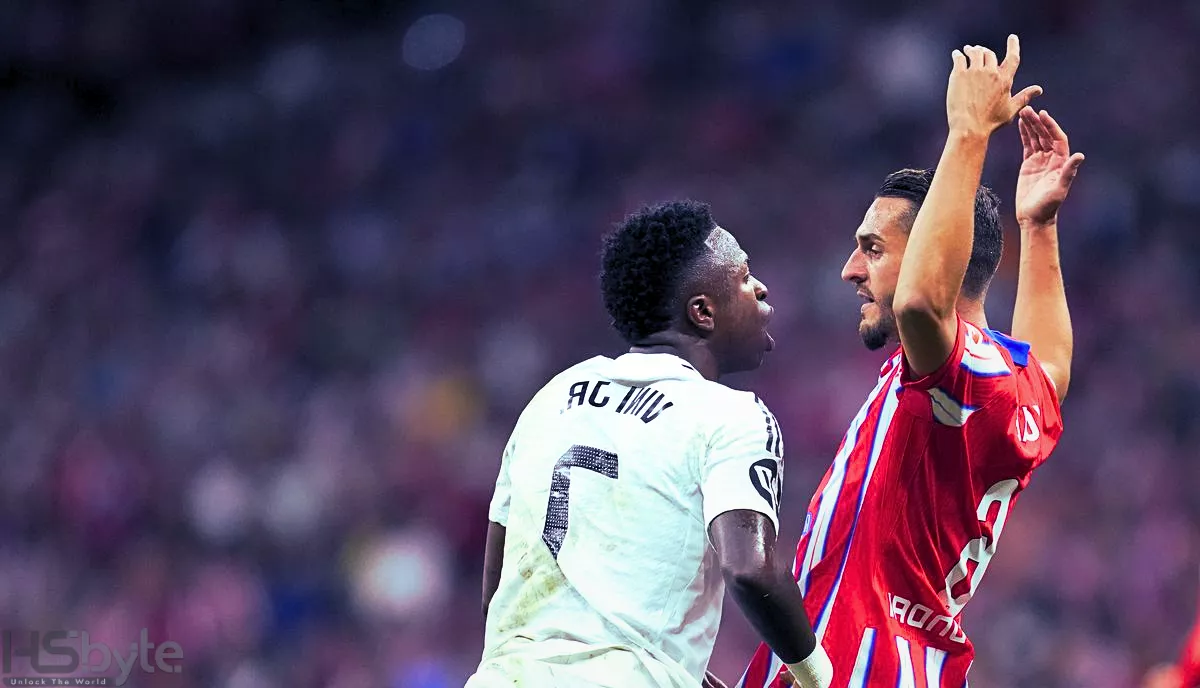
Atletico Madrid vs Real Madrid: Dramatic Equaliser in Heated Derby
